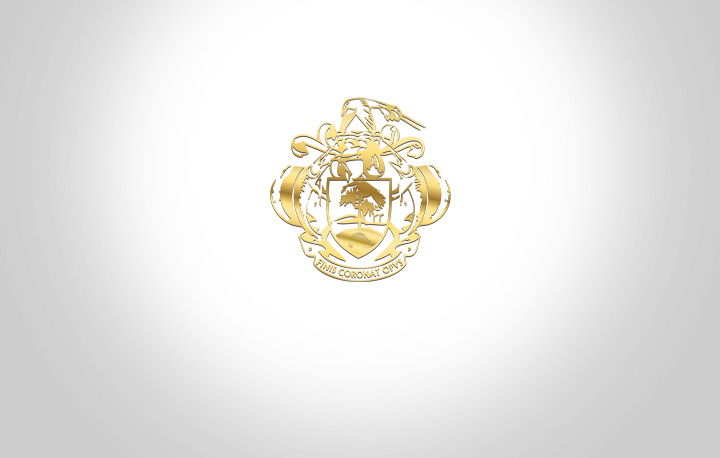
July 15, 2010 -- Vice-President Danny Faure yesterday opened the African, Caribbean and Pacific (ACP)-European Union (EU) Joint Parliamentary Assembly Meeting for the East Africa region at Le Méridien Barbarons. The Vice-President delivered a keynote address on behalf President James Michel.
Apart from senior parliamentarians from the region and the European Parliament, the meeting was attended by the ACP Secretary General, Dr. Mohamed Ibn Chambas, and Ambassadors of the EU, AU, and regional diplomatic missions.
The Vice-President addressed the parliamentarians on the challenges of climate change, piracy, fisheries, as well as the economic and social development for the countries of the region.
"An important amount of global maritime trade between Europe, Africa and Asia passes through the Gulf of Aden and the Indian Ocean, and we, the countries in this region, are all directly or indirectly victims of the scourge of piracy which threatens our peace, security and economic development. Combating the scourge of piracy in the Indian Ocean continues to be one of our main priorities," said Vice-President Faure.
The Vice-President also addressed the need for the ACP countries to better consider their mutual regional strategies in order to plan for future development.
"A stronger ACP means better opportunities for both the EU and Africa. We, as ACP countries, must stay committed to our goals and decisions, but at the same time must be flexible in our approach. Indeed, we remain committed to regional integration and development. It is the only way forward. But we must be able to diversify and be flexible and dynamic enough to create our own model for development, " said Vice-President Faure.
The Vice-President also spoke about the tariff preferences that Seychelles fisheries enjoy in the EU, particularly in view of the impact of the removal of these preferences in the future.
"That the tuna canning factory in Seychelles is a success story would not have been possible without these tariff preferences. I am sure that this is the case in other ACP countries. For this reason we would ask the EU to consider carrying out serious impact assessment studies on the consequences of erosion of such tariff preferences," said Vice-President Faure.
"In collaboration with the European Union and the ACP, the Government of Seychelles will work relentlessly towards a successful outcome of the negotiations for a comprehensive Economic Partnership Agreement. The successful conclusion of such negotiations will promote policies designed to enhance competitiveness and economic well-being, greater social cohesion, peace and security, and ensure greater market access of our goods and commodities."Â
The Vice-President also outlined the successes of the Seychelles economic reform programme, which started in 2008, whereby Seychelles has reduced its public debt stock to 82 % of GDP (it was at 170% before the reforms). He said that this figure is expected to go down further as agreements are reached with outstanding creditors.
Vice-President Faure also noted that inflation has been reduced to zero from 62%, and that the problem of lack of foreign exchange in the country had been eliminated. The country's external reserves are now close to 200 million US dollars (or two months of import coverage). Seychelles has a projected growth of around 4 % of GDP in 2010 compared to zero last year.